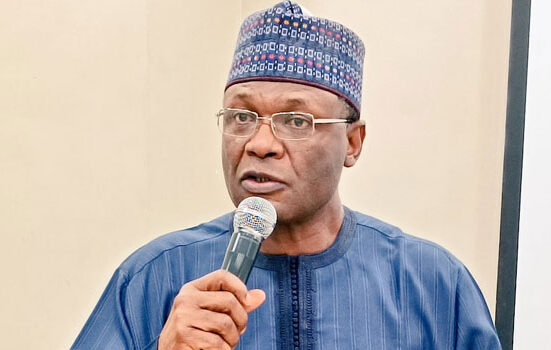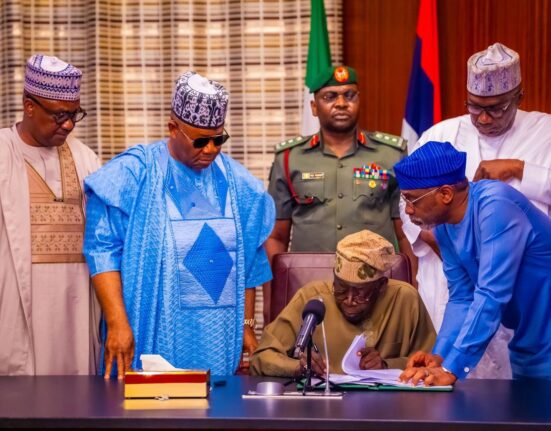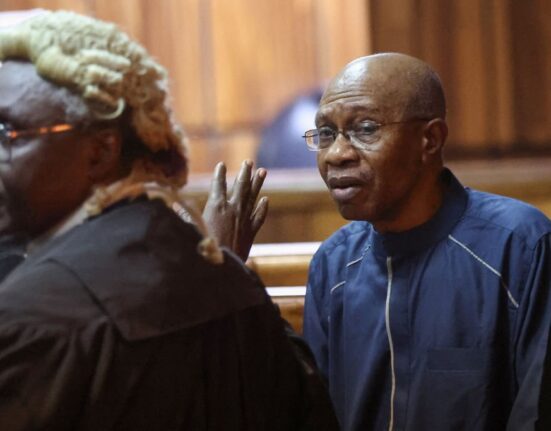The Senate also rejected a proposal for the alteration of Part One and Part Two of the Second Schedule of the 1999 Constitution to give more legislative powers to states.
The lawmakers further rejected a proposed amendment of Section Eight of the Constitution to ensure that only democratically elected local government councils participate in the process for state creation and boundary adjustments.
The Upper Chamber of the National Assembly rejected a proposal for constitutional recognition of Thirty-Five Percent Affirmative Action on the appointment of women into political offices at the federal and state levels.
However; the Senate voted in favour of immunity for members of the legislature in respect of words spoken or written at plenary or legislative committee proceedings.
They equally approved the clause that requires the President of Nigeria to address a joint session of the National Assembly under what is to be known as State of the Nation Address.
The recommendation for appointment of a Minister of the Federal Capital Territory from within the FCT was approved by the Senate, as well as the recommendation for independent candidature in elections.
It was also approved by the Senate for the offices of the Minister of Justice and Commissioner of Justice to be separated from those of the Attorney General at the federal and state levels.
Under the approved constitutional amendments by the Senate, the Nigeria Police Force would no longer be addressed as such, but simply as the Nigerian Police; also the Nigeria Security and Civil Defence Corps is to be added to the Exclusive Legislative List under the Second Schedule of the Constitution.
The Senate also voted in support of the Local Government autonomy and a clause requiring the President to constitute his cabinet within thirty days of assumption of office, and to attach the portfolios to nominees who are referred to the Senate for confirmation.
Financial autonomy for state legislature was also approved, as well as the deletion of the NYSC Decree from the Constitution and the reduction of age limit to seek election for President, State Governor and membership of the House of Representatives and the State House of Assembly.
But the citizenship and Indigenship bills meant to alter Section Twenty-Five of the Constitution to allow a married woman the right to choose her indigenship by birth or marriage for the purpose of appointment or election was rejected.
At the end of the voting exercise; the Senate President, BUKOLA SARAKI, thanked his colleagues for what he called a good foundation.
Meanwhile; the House of Representatives will tomorrow continue voting on the amendment of the 1999 Constitution.
The item was stepped down after the House had already in favour of immunity for legislators in respect of words spoken or written at plenary sessions.
The representatives also rejected the devolution of power to states, but voted in support of local government autonomy.
Just like the Senate; the lower chamber of the National Assembly approved the recommendation for the President to constitute his cabinet within thirty days and attach portfolios of ministerial nominees before confirmation by the Senate.
The separation of the offices of the Minister and Commissioner of Justice from the Attorney General was also approved.








Leave feedback about this